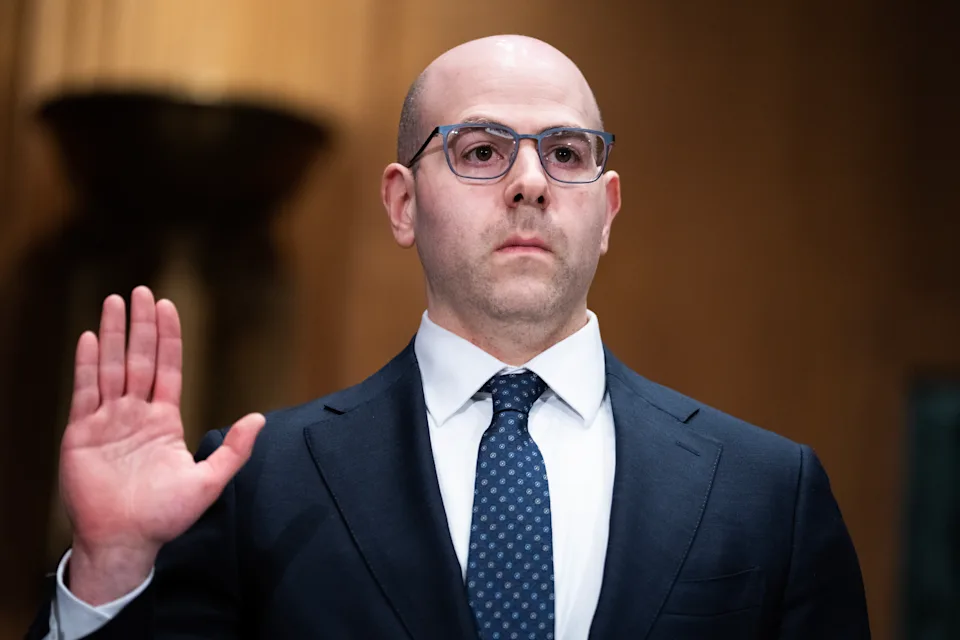
Leaving the workforce isn’t the sort of decision you make on the fly. Rather, you’ll need to assess your savings and career before you determine whether the time is right to call it quits. More importantly, you should have a plan mapped out for retirement — what you’ll do with your time, where you’ll live, and how you’ll manage your money.
On the other hand, you know what they say about the best-laid plans. You might think you’ve figured out the retirement riddle in theory only to find in practice that your expenses are higher than expected, your nest egg is rapidly dwindling, and you’re unhappy with your new routine (or lack thereof).
And that’s precisely why you don’t need a retirement plan only — you also need a backup plan. Here’s what yours might entail.
1. Have a means of generating income
Maybe you thought you’d get away with withdrawing a certain portion of your savings each year, only to find that you’re burning through your nest egg too quickly, thereby putting yourself at risk of running out of money down the line. Before you go into retirement, be sure to have a fallback means of generating income so you’re not straining your IRA or 401(k) too heavily.
You might decide to start a business or consult in your former field on a part-time basis. Another option? Find a hobby you enjoy and turn it into a moneymaking opportunity. This way, you’re spending your time doing something you love while getting paid for it.
If working isn’t an option you’d like to consider in any capacity, you might choose to monetize your home instead. This especially works if you’re sitting on a larger property with a separate living space, like a basement or finished garage, that you can rent out. You might even look into renting out your home seasonally if you live close to a prime attraction, like a beach or ski resort. It doesn’t really matter what you do for money as long as you have an income source outside of your savings alone.
2. Be willing to rethink your budget
Maybe you saved enough (or thought you did) to hang onto your nice-sized home, travel extensively, and enjoy a piece of the good life. But once you enter retirement, you may come to find that other costs, like healthcare, eat up more of your income than anticipated. That’s why it pays to go into retirement with not just a budget, but a backup budget.
For example, you may end up having to cut back on luxuries if you’re spending too much, whether it’s restaurant meals, travel, or nightlife. Or you might choose to keep spending money on entertainment but downsize your home or relocate to a less expensive part of the country if housing costs too much where you currently live. Deciding in advance which expenses you’ll cut if need be will make it easier to give them up down the line — if it comes to that.
3. Broaden your horizons
Maybe you think tending to your garden and playing golf will be enough to keep you from getting bored in retirement. But what if you find yourself growing increasingly restless, even though you were looking forward to retirement for ages?
While it’s good to go in prepared with ways you’ll occupy your time as a senior, it also pays to do some legwork and unearth other opportunities for keeping busy. For example, you might apply for different volunteer roles in your area while you’re still working so that if you grow frustrated with having too much spare time later on, you’ll have an organization ready to take you in. It’s a far better bet than sitting around watching bad TV all day.
Retirement doesn’t always go the way we plan, even when we plan extensively. So come up with a primary plan and a backup one, just in case. You’ll be happier for it if your vision of retirement doesn’t turn out to be your reality.
























